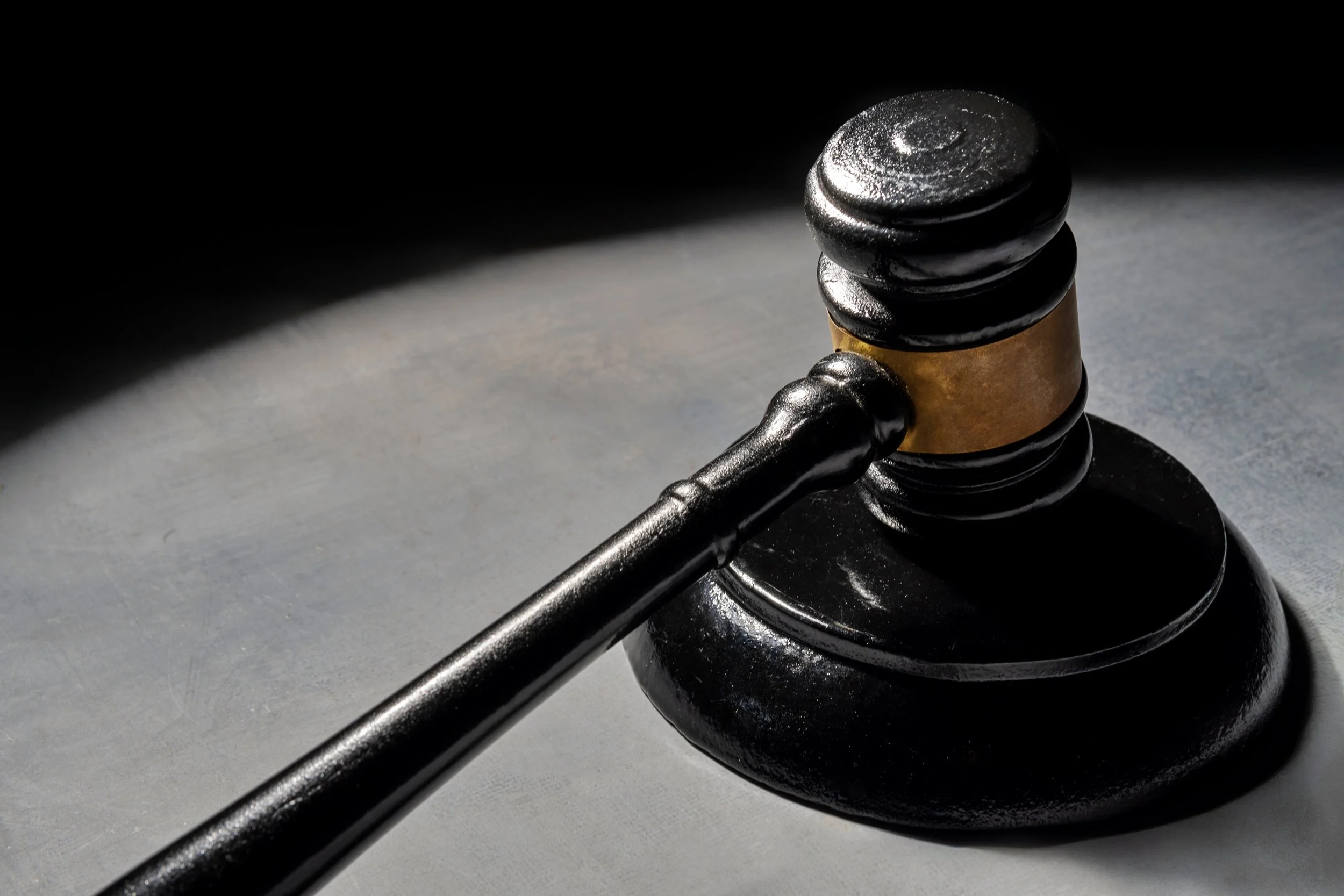July is
Disability Pride Month
Photos by Rick Guidotti for Positive Exposure. Pictured: Brecken Kinney
Brecken Kinney represents a new generation of fierce advocates for Parent Project Muscular Dystrophy (PPMD) fighting for their lives and fighting to end Duchenne.
Brecken, a rising fifth grader from Mahtomedi, MN, loves studying geography and spending time with the family’s dog and new kittens. As an avid sports fan, he also loves watching football (go, Buckeyes!) and playing golf and soccer.
Thanks to Brecken’s participation in a gene therapy clinical trial for Duchenne muscular dystrophy, a condition he’s lived with since birth, he is still able to play those sports with gusto. That’s why he is also committed to advocating with his mother, Marit Sivertson, to build awareness for new treatment approaches for the neuromuscular condition. They recently traveled together to Washington, DC with Parent Project Muscular Dystrophy
Parent Project Muscular Dystrophy (PPMD) demands optimal care standards and ensures every family has access to expert healthcare providers, cutting edge treatments, and a community of support.
Everything PPMD has done since their founding in 1994—helps those with Duchenne live longer, stronger lives. PPMD will not rest until they end Duchenne for every single person affected by the disease.
This image is part of a Positive Exposure collaboration to create an exhibition and book celebrating 30 years of Parent Project Muscular Dystrophy in November 2024.
The Olmstead Effect: Celebrating 25 Years of Positive Change
Twenty-five years ago last June, a landmark U.S. Supreme Court ruling ushered in an era of profound and positive change for people with disabilities in America—as well as the agencies that serve and support them, including the department.
The Olmstead Effect: Celebrating 25 Years of Positive Change
Twenty-five years ago last June, a landmark U.S. Supreme Court ruling ushered in an era of profound and positive change for people with disabilities in America—as well as the agencies that serve and support them, including the department. The case was Olmstead v. L.C., and the plaintiffs were two disabled women, Lois Curtis and Elaine Wilson.
Dancing With the Stars
HELEN Journal will very soon be the official publication of PAOH. But we will still have close ties with the AADMD, along with a host of other respected and influential national disability organizations.
Unlocking Behaviors – Urinary Issues
Urinary tract infections (UTIs) are common, and when left untreated, they can result in more serious conditions, including pyelonephritis (kidney infection) and sepsis. People with challenges in using words to communicate may exhibit different behaviors that can point to an underlying UTI.
Dr. Rick Rader Addresses the United Nations: Stepping Up to the Major Leagues
The General Assembly decided to observe WDSD March 21 each year and invites all Member States, relevant organizations of the United Nations system and other international organizations, as well as civil society, including non-governmental organizations and the private sector, to observe World Down Syndrome Day in an appropriate manner, in order to raise public awareness of Down syndrome.
My Four-Year-Old Son Needs Brain Surgery
For the past year and a half, our lives have been consumed by an unimaginable reality: our 4-year-old son Julian has drug-resistant epilepsy. His seizures started off short at around 30 seconds but have now progressed to 10-12 minutes a few times a week due to his condition going uncontrolled for so long.
Medical Training That Promotes Equitable Healthcare for Individuals with IDD
Given current educational standards for medical school, students can graduate, become practicing doctors, publish research, and teach or mentor future medical students without having met or treated an individual with IDD along the way. We are on a mission to change that reality.
Token of Love
While I was in school I realized that I loved to help others. Perhaps I had it in my genes because my great grandfather and grandfather from my paternal side were volunteer firemen in Peru. Also, my grandmother from my maternal side used to help young orphans, giving them jobs and a place to live in her home.
Lessons Learned from Ruby My Brain Tumor
Before I knew it, I fell fast asleep. Once again, I was awakened by another seizure, followed by a deep state of rest. Amid my terrifying seizures, I was in survival mode. I did not know why I was experiencing loss of motor control, intense burning on one the left side of my body, and uncontrollable shaking. After experiencing the two seizures, I was completely stunned and confused as to what had just happened; however, my priority was to stay alive rather than to diagnose the problem.













